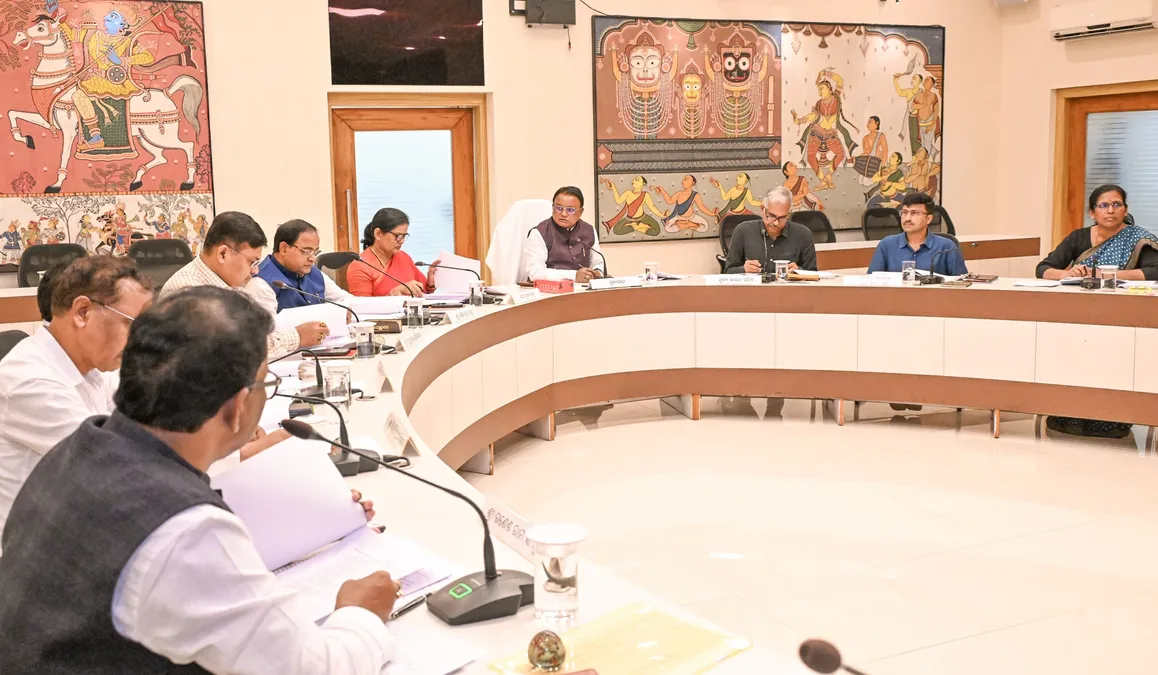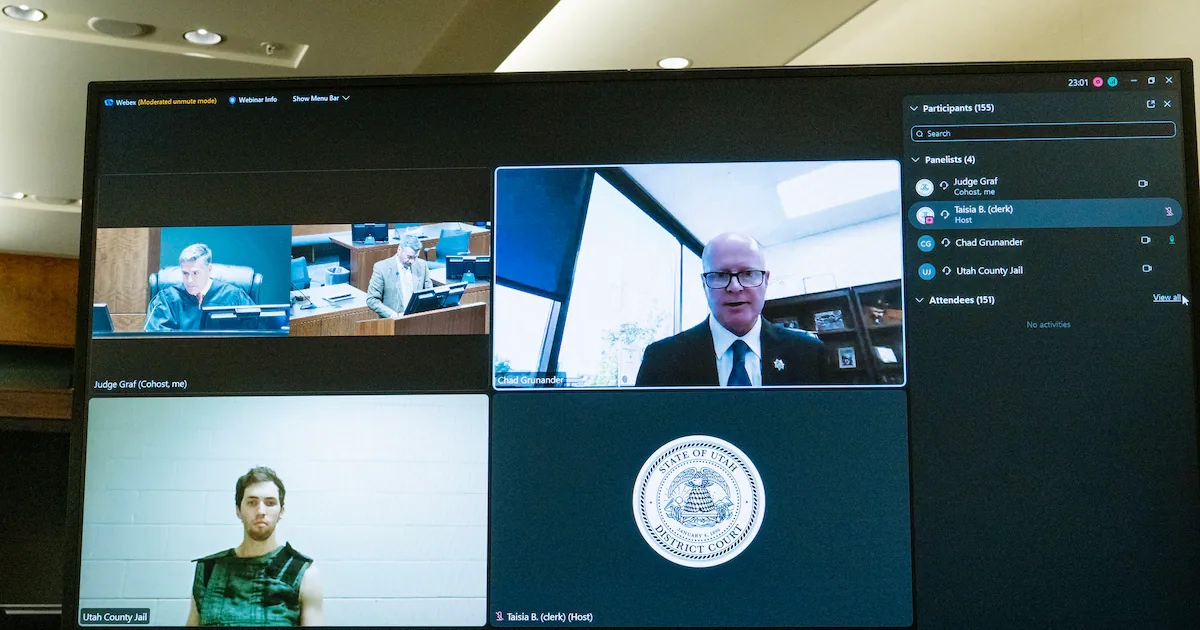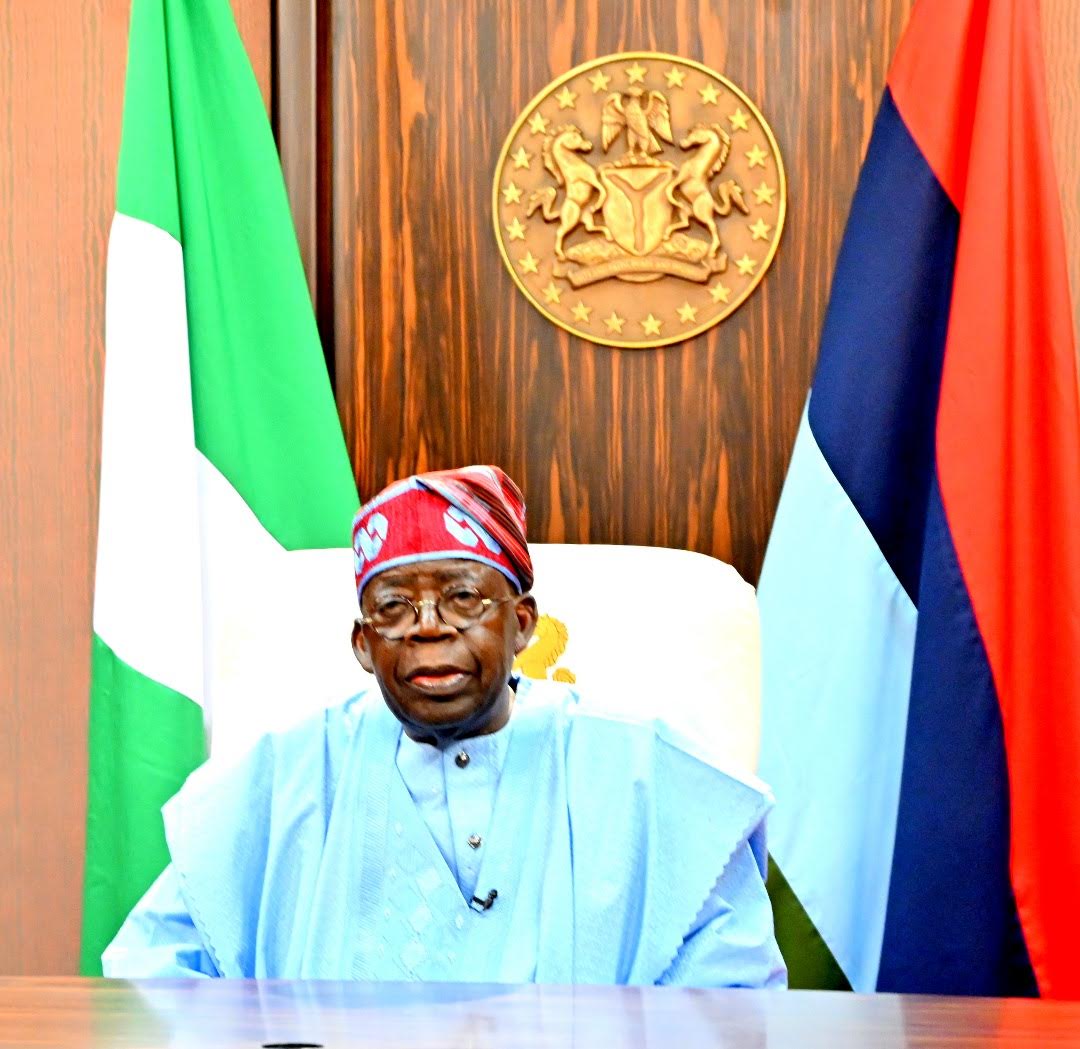By Emma Kirk
Copyright news

A document leaked to the West Australian revealed the state’s public school teachers have been directed on how to handle controversial topics around cultural, religious and social justice issues that divide opinion.
The guidelines were produced after the Australian Education Union (AUE) called on ministers and government departments to provide clear, consistent guidelines for teachers discussing global conflicts earlier this year to support students and ensure schools remained safe.
AEU Federal President Correna Haythorpe said earlier this year fallout from the Gaza conflict was being felt in Australia’s classrooms and staffrooms, which brought a layer of complexity for teachers in how they managed issues which arose.
“Teachers are reporting increased tension and distress among students,” she said.
“Our members are supporting students from Palestinian, Jewish, and other backgrounds, including refugees, who are grieving, angry, confused or afraid.”
The new guidelines were given to teachers last week to provide clarity on how to teach and respond to complex matters, including world events, in the classroom that were part of the curriculum and in day-to-day conversations.
The guidelines were created through consultation with the Office of Multicultural Interests and the Ministerial Multicultural Advisory Group.
Education Department People and Student Achievement Director General Melesha Sands said the guidelines will support staff to create a more inclusive, informed and empathetic classrooms.
“The resources seek to provide teachers with ways of teaching and responding to complex topics, including those relating to world events,” she said.
“The resources are designed to help teachers engage in meaningful discussion with students and consider different viewpoints, while maintaining their own neutrality and demonstrating respect and tolerance.
“The resources also include advice and support for school leaders to proactively address the issues of intolerance, and ethnic or cultural discrimination, with their staff and school boards.
“As with all policy and guidance documents, it will be reviewed over time and may be subject to change.”



